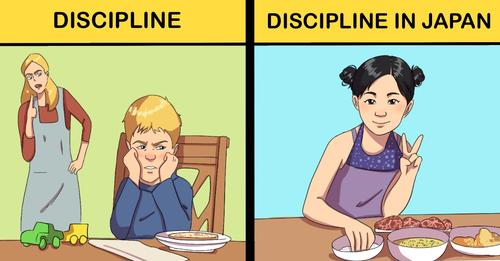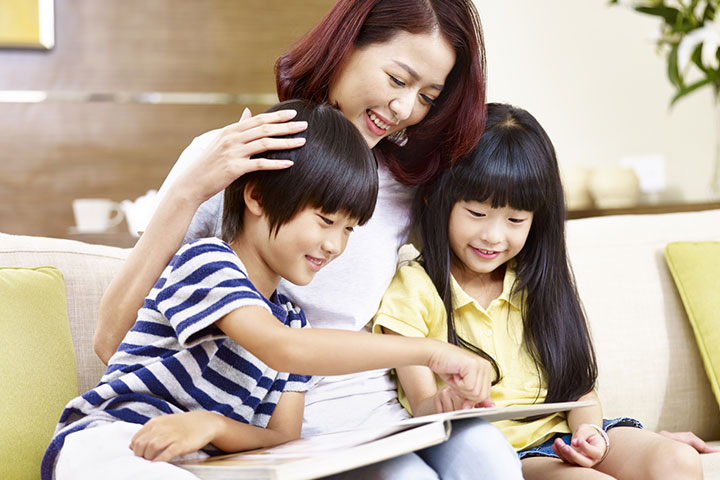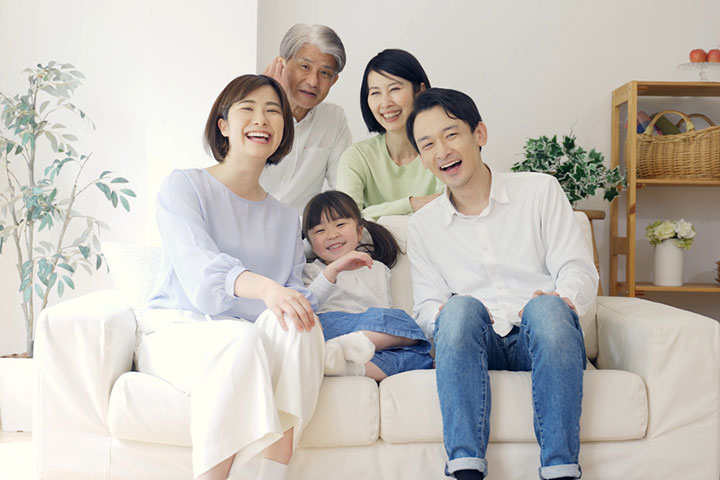
All cultures have different takes on how to raise their kids, and Japan is no different. Like any other society, Japanese people have had to contend with the notion of raising their kids into responsible and respectable adults. But if you’ve visited Japan or been around Japanese kids, you’ll notice how polite and friendly they are. Even the youngest of children are well-mannered and respectful while interacting with older people. And we can’t help but wonder if this is because of the culture they grow up in or the beliefs instilled in them since birth? Maybe a little bit of both? We all know how hard it is to get a 5 year old to follow decorum, so, what gives?
If you’d like your children to exhibit the mannerisms of kids in Japan, here are some tips that could help:
1. Strong Mother-Child Bond
Japanese culture highlights the strong bond between a mother and her children beautifully. They do everything together. The baby sleeps next to the mother even as newborns and the mother always carries the baby around in a baby sling of sorts to keep her hands free. Their bond is also seen as deeply emotional. Children are encouraged to do whatever they want until they reach the age of 5. Although this may seem overindulgent and somewhat counterintuitive, it is done to let kids know that they are inherently good and that their parents value them.
This attitude towards the treatment of young children facilitates the feeling of “amae”. This word is translated as “attachment”. This creates the foundation for the mother-child relationship. “Amae” indicates that kids can count on their mothers to love them unconditionally and that older parents can count on receiving their children’s love and support as they age.
There are scientific implications of this connection too. A study done by American and Japanese researchers shows that there is a correlation between encouraging upbringing styles and children’s behavior. It was found that parents’ positive attitude can reduce the problematic behavior of children and help the behavior of kids with developmental disorders (1).
2. Family Comes First
As is the rule, mothers are responsible for taking care of the kids. Japanese children do not set foot into school until they are at least 3 years old. That’s right, no daycare for them! Parents don’t ask the grandparents to babysit the kids and usually don’t hire babysitters. But children spend a lot of time with their grandparents and other relatives. They believe that family is a source of joy and happiness and consists of people who will always protect and care for them. They are also big on leading by example. Each member of the family has a distinct role to play in shaping a child. This means that instead of requesting a child to do something, they will show them how it is done first and ask them to replicate the action. As children are extremely observant and absorb what they see, this is a great tactic to shape their behavior and characteristics.
3. Emphasis On Emotions
Most people view Japanese society and people as cold and associate them with a general lack of emotions. This cannot be farther from the truth. It is because they give importance to regulating their emotions that they live such peaceful and harmonious lives. Japanese people are extremely considerate of the emotions of others and teach their children to be the same. Children are taught how to live in a society which includes respecting other people’s interests. Japanese moms respect their children’s emotions and do not embarrass them or make them feel ashamed. They emphasize on the importance of acknowledging everyone’s thinking and doing things for the good of the whole instead of chasing individualistic gain. They also value humility and don’t attest that their methods are always the best. Although they may be influenced by Western ideas in recent times, they still stay true to their values of maintaining a calm and loving attitude towards children.
Being a parent is a lot of work. No matter what approach you take, there always seems to be room for improvement. Sometimes we just need to draw inspiration from other cultures that deal with children and discipline differently than we do. Being open to learning about techniques that they employ helps parents broaden their horizons and gives them a deeper understanding on how to deal with their kids best. So are there any principles from Japanese culture and their way of raising kids that you’d love to borrow? Let us know in the comments section



